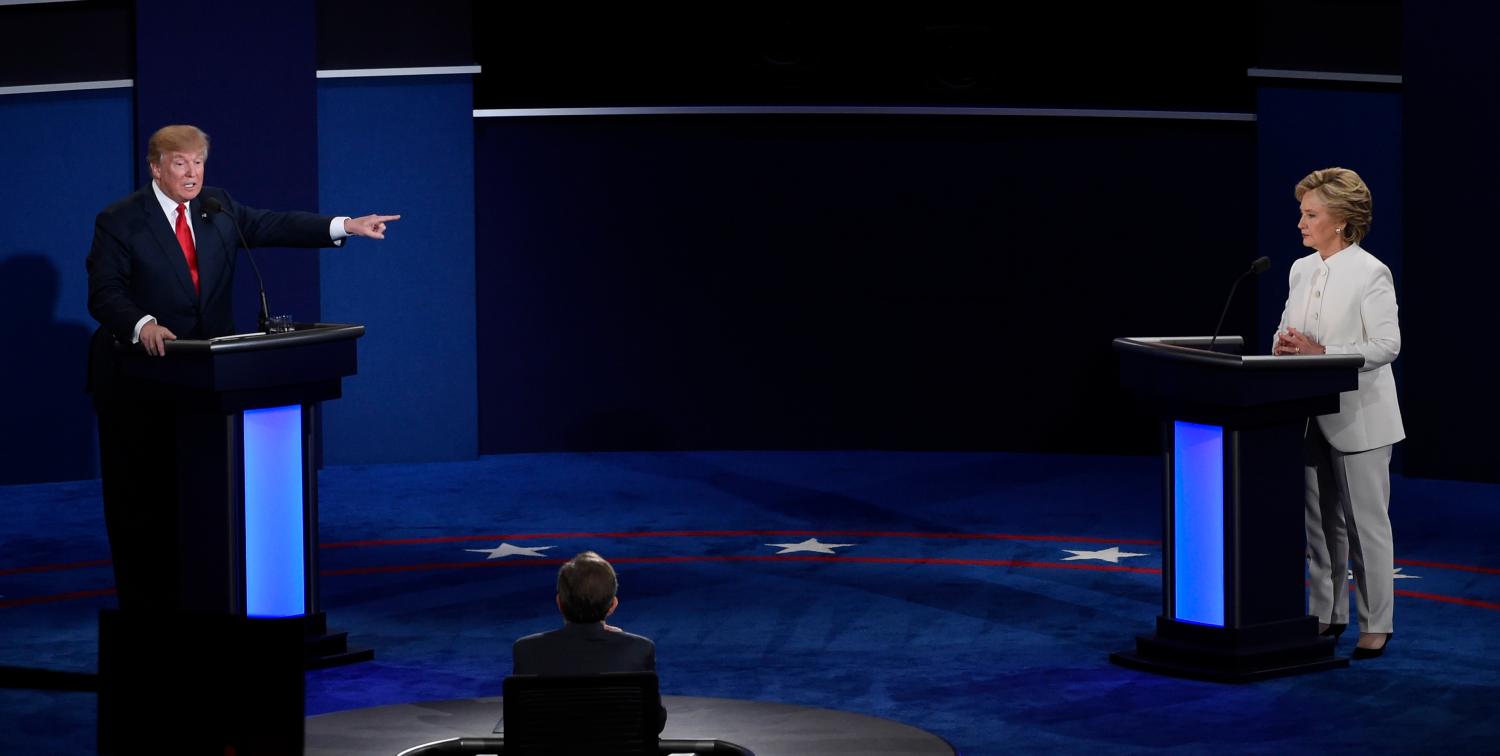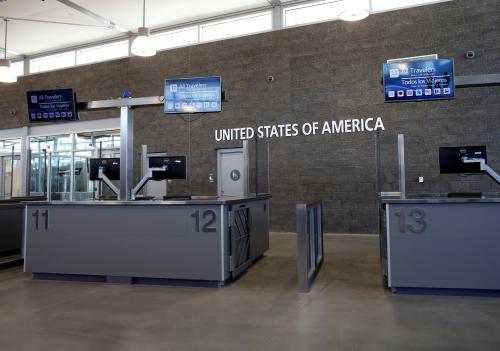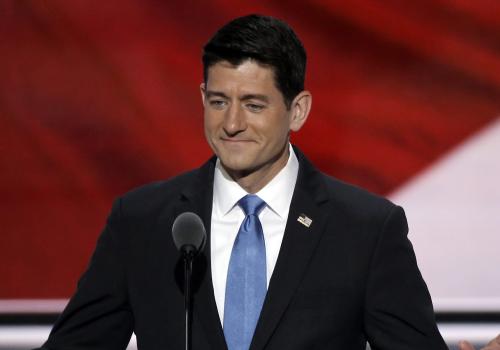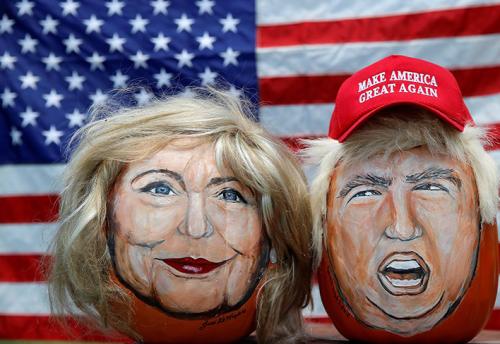This column originally appeared in the Las Vegas Sun.
The media have clearly failed us all.
That seems to be the resounding take on this election. Whether it’s the free advertising at every newspaper, cable news channel and news-oriented blog credited with propelling Donald Trump; whether it’s reporting that, depending on your political views, has given Hillary Clinton a pass or mischaracterized her on emails, servers and Benghazi; whether it’s the failure to cover the Bernie Sanders, Jill Stein or Gary Johnson campaigns with sufficient rigor to boost their legitimacy, many look at media coverage of this race and come away somewhere between disaffected and disgusted.
America’s critique of its own media is not unfounded. There is much to criticize about coverage across the board. For Clinton, the constant drip of emails, Congressional investigations and controversy surrounding her family’s foundation would likely have sunk other candidacies. Yet the American public has grown accustomed to such stories surrounding the Clintons.
At the same time, Trump’s behavior, rhetoric, gaffes and even policy positions would have derailed any other candidacy in any other year. Yet a media obsession with covering him combined with a Republican base fed up with establishment politics has served as a life jacket in a political tempest.
The media cannot be singularly blamed for the state of the presidential race. Public opinion, social media and the weak performances of the also-ran candidates affected this cycle. And if you strip away some of the contagious critiques, perhaps we come to a different perspective: The media are doing a remarkable job on behalf of the American public.
Surely this is not a popular view, but lost in the “coverage of the coverage” of Election 2016 has been some remarkable effort from all corners of journalism to keep the public informed. Three areas have stood out and deserve praise in the face of industry-wide criticism.
Beat Reporting
On any topic, beat reporting is tough; on a presidential campaign, it is a marathon. Those assigned to campaigns are traveling constantly, working at a frenetic pace and competing with dozens of other reporters, trying to break the latest story. They cover stump speeches and rallies; campaign organization and leadership; fundraising; the actions and words of surrogates; mood among supporters and, of course, nominating conventions and their drama. Especially this year, reporters have used traditional and social media to let Americans feel like they are following the candidate, too. We live in an environment in which the average news consumer demands information not daily or hourly but as it happens. Media outlets think not about filing for the evening newscast but about populating the top of a Twitter feed. We have seen a skilled press corps, initially tracking 20 campaigns and now tracking two, deliver on their promise day after day, minute after minute.
Investigative Journalism
Every presidential election year has its share of scandals or open questions. Whether it involves George W. Bush’s youthful indiscretions, John Kerry’s or John McCain’s military service, Mitt Romney’s fundraiser speeches or Barack Obama’s church leadership, the media put the parties’ standard bearers under a microscope. In 2016, this effort has been exhausting. For Democrats, the media have picked apart Clinton’s speaking fees, emails and server, as well as the Clinton Foundation, while chasing Sanders’ tax returns. Republicans have seen inquiries into Ted Cruz’s fundraising, Chris Christie’s bridgegate and Trump’s taxes, charitable donations and campaign ties to Russia. Campaigns consider such efforts a nuisance at best and a personal attack at their extreme. Voters have mixed reactions—largely based on who they already support. But the media see such investigations as a critical part of our democracy, and they are absolutely correct.
Explanatory Journalism
Explanatory journalism is not new, but it is becoming an increasingly important part of media. As some outlets become more data-driven and as campaigns become more complex, journalists need also to be analysts. Polling has become the lifeblood of campaigns and those who cover them. The ability to evaluate the accuracy of individual polls, trend lines and crosstabs has become commonplace during a campaign and, increasingly, outlets are hiring statisticians to help tell those stories. During this election cycle, the amount of explanatory journalism has seemed to explode and has complemented the up-to-the-minute beat reporting with down-to-the-deepest-detail coverage. In an era when some are satisfied with a 140-character tweet, explanatory journalists are committed to the type of nuance that makes every reader smarter.
Media coverage of Election 2016 has not been easy. Complaints about both campaigns—even if those complaints are not equivalent—make the job that much more difficult. Reporters lament that the Clinton campaign refuses to grant news conferences and complain about access to the candidate herself. They have faced bans and blacklists from Trump, his personal attacks of individual journalists and outlets from the podium, and a rally environment that has made some feel unsafe. It’s a reminder that journalists have a difficult job, and that is heightened when they cover the biggest story of the year.
They may not always do a perfect job, but many of them are working hard to inform voters and hold candidates and their campaigns accountable. This year is no different.
The Brookings Institution is committed to quality, independence, and impact.
We are supported by a diverse array of funders. In line with our values and policies, each Brookings publication represents the sole views of its author(s).








Commentary
Two views on media coverage of 2016
August 29, 2016